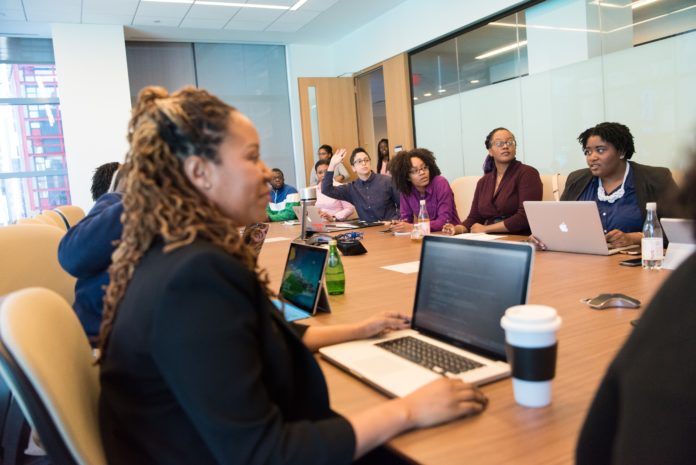As the global war for talent continues, creating and delivering a great employee experience in the workplace has become a key area of interest for business leaders globally, with eight out of 10 (79%) believing it has business impact — yet less than a third (28%) are feeling equipped to deliver this strategy, according to a study by Kincentric, a Spencer Stuart company.
Based on responses from over 1,300 HR professionals across 43 countries, Kincentric’s 2019 Global Employee eXperience (eX) Report assesses how organisations are taking steps to understand and improve their employees’ experience across the employee lifecycle.
Findings suggest that as interest outpaces readiness, we can expect more and more companies will be getting serious about investing time and energy to improve their employee experience. More than 90% of organisations say it’s important, and just under half (44%) of respondents are currently working on improving the experience across key stages in the employee lifecycle, but they will need to close gaps in strategy, measurement and delivery to realize the experience they want to create.
Meanwhile, the extraordinary organisations (28%) that lead by example are taking an agile approach to strategy, measurement and delivery of the employee experience, to design one that aligns to their business needs. Findings on these extraordinary organisations revealed that as many as 84% have identified the employee segments and experiences that matter most to their business strategy.
Additionally, 67% clarify their hypotheses, decision and actions before jumping into measurement, while 74% are clear on the HR governance, roles and decisions to support the organisation in delivering the desired experience. The key to success is to develop an experience strategy that focuses on business, behaviors and change readiness.
Ken Oehler, Senior Partner and Leader of Kincentric’s Global Culture and Engagement Practice, says “It’s time for organisations globally to get serious about their employee experience strategy. High-performing cultures come from highly engaged employees having meaningful experiences throughout the employee lifecycle.”
“Employee experience is all about how culture and engagement come to life in moments that matter to both the organisation and employees — the ups, downs and transitions, and how these moments inspire, improve and connect. Getting too many of these moments wrong destroys value through loss of productivity, turnover and poor customer delivery. Getting many of these moments right ignites change and unlocks the power of people and teams,” he added.














